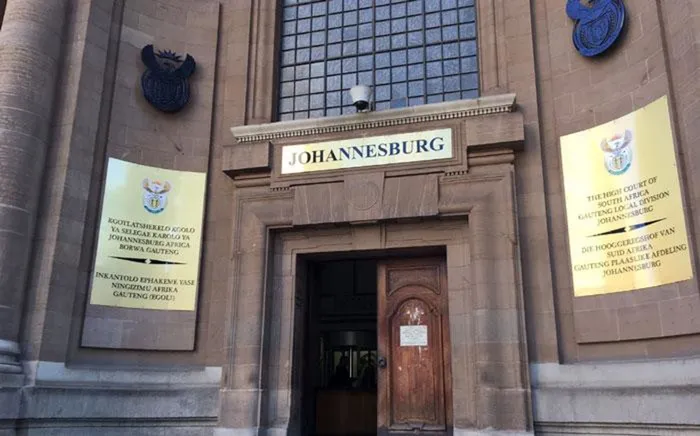City of Joburg must reassess Sandton City’s R10bn market value, rules High Court

The Gauteng High Court, Johannesburg, has ruled that the City of Joburg must redetermine the value of the Sandton City shopping mall.
Image: File
The City of Joburg must conduct a new valuation of Sandton City following the Gauteng High Court in Johannesburg which set aside its determination of the country's fourth biggest shopping mall's more than R10.1 billion market value.
Sandton City, which is owned by the Liberty Group and property investment company Pareto Limited, successfully challenged the municipality’s valuation of the five plots of land of the nearly 137,000-square metre Sandton City, which includes a shopping centre, office blocks and a hotel.
The owners of the mall objected to its valuation by the City of Joburg's municipal valuer Piet Eloff, who dismissed their objection and the Valuation Appeal Board also dismissed the appeal.
In terms of the Municipal Property Rates Act (MPRA), the board is empowered to hear and decide appeals against the decisions of a municipal valuer concerning objections to matters reflected in, or omitted from the municipality’s valuation roll in the area for which it was established.
Liberty and Pareto approached the high court to review and set aside the board’s February 2023 decision and have the matter adjudicated upon afresh by a differently constituted board.
In their papers filed in court, the companies state that the board’s determination of the market value of the property was irrational and consequently of no force and effect and that in making its determination, ignored the provisions of the MPRA.
In addition, they argued that the board, in making its determination, valued the property as a group, placing a single value on the erven (plots of land) which comprised it and not on each of its individual components, thereby acting in contravention several sections of the MPRA - a contention the companies later abandoned.
They also accused the board of betraying a bias adverse to the owners, thereby vitiating (invalidating) its determination.
According to the municipality’s former assistant municipal valuer, identified as HJP Fouche, he determined the market value of the property from an analysis of the income derived from properties comparable to it and then drawing the mean from that analysis.
“We use the provable method or the comparable method, meaning that we look at rentals that have been concluded and thus comparable to this property being valued and we use that market information to determine a rental range which we then apply to the property and obviously, this rental range was documented in the market report for the municipality,” he explained.
Acting Judge Gerald Farber found that Fouche, in order to arrive at the market value of the property, used information embodied in the unregistered leases, which burdened the property.
“It is clear that the board accepted the evidence of Fouche without any proper analysis thereof … The board has fallen far short of its obligations to determine the matter so as to bring about fair administrative justice,” the acting judge stated.
Acting Judge Farber upheld Liberty and Pareto’s review and set aside the board’s determination.
The matter was remitted for hearing afresh to a differently constituted valuation appeal board of the City of Johannesburg.
The costs of the review proceedings are to be paid by the first, second and third respondents (board, municipal valuer Piet Eloff and Fouche), jointly and severally, the one paying the other to be absolved, read the judgment handed down on July 4.
The city has chosen to abide the judgment.
loyiso.sidimba@inl.co.za